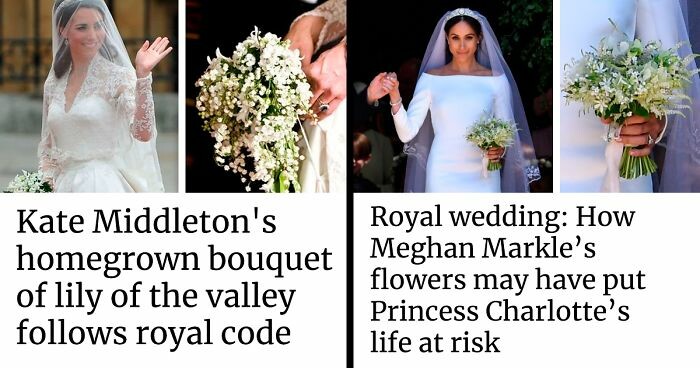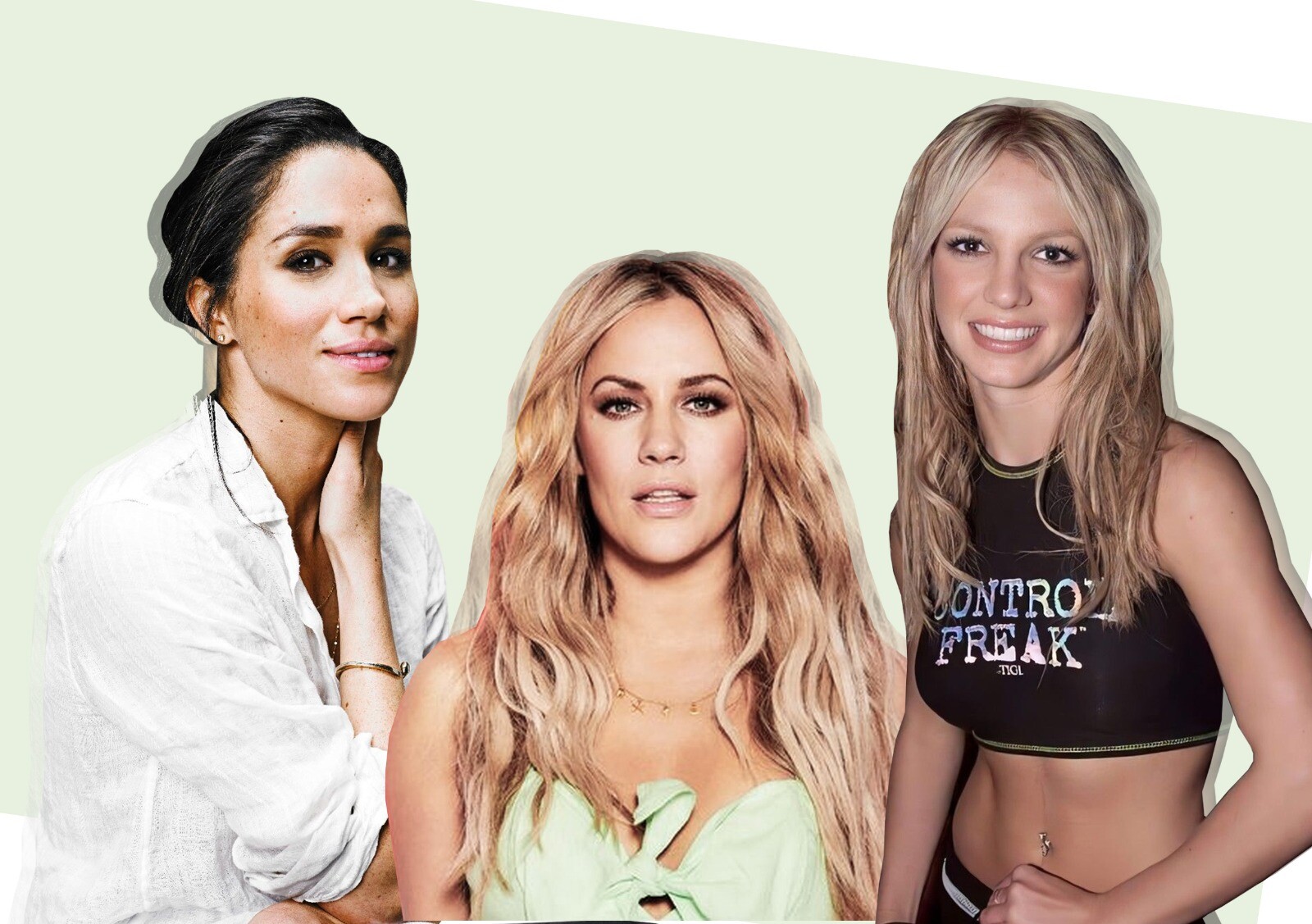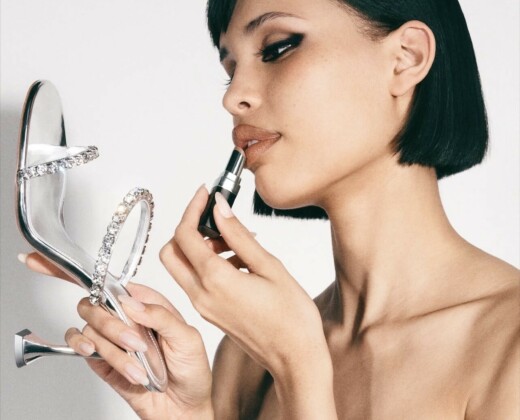Photo Credit: The Tig/ITV/Pinterest
(Content Warning: mentions suicide)
The villainous nature of the media has been more apparent than ever in the last few months. With #FreeBritney, Meghan Markle’s Oprah interview, and the recent documentary on Caroline Flack’s life and death, discussions about the Press’s part in the downfall and pain of famous women are growing, as they should – could this be the reckoning of tabloids as we know them?
The press has been a strong force in culture, politics and just about everything for the last half a century, and gossip mags and tabloid publications more so in the last quarter, but despite our guilty pleasure for a bit of juicy gossip, it’s always been an obviously harmful thing. One clear epitome in the 2000s was Jade Goody, a celebrity born out of Big Brother, who was constantly raised up and shot down by the UK tabloids in a rollercoaster of vilification revolving around her appearance, education, and background.
We can look back now and think about the almost sadistic actions of the paparazzi and press, but they are no different from what still goes on. Just typing “Meghan Vs. Kate Media” into Google will give you thousands of examples of the world taking a disliking to ridiculous levels, whole headlines and pages dedicated to condemning a woman for the smallest things within the public eye. A significant takeaway from Harry and Meghan’s Oprah interview was Meghan’s reveal of suicidal thoughts at the hand of brutal media coverage, showing just how far the press’s impact goes.

For Caroline Flack, the same effects had a devastating result; the presenter committed suicide at the beginning of last year, following the cruelty of publications during a court case. Hounded and scrutinized by the media for years, the press’ hunt proved too much, and the weeks after her death showed loving tribute’s to Flack, spouted out by the very same magazines.
The media have even come under fire in recent weeks for their part in the current discrimination against East Asians in the ignorant association with Covid-19, with pictures of China and East Asians set as the token image for articles about coronavirus, perpetuating this Covid-related hate crime. If there’s one thing that this shows, it’s the ignorance and lack of awareness the press have of their own impact. Outraged by this irresponsibility, petitions and projects have been planned to hold these publications accountable, publications as omnipresent as the BBC and The Guardian.
In a period of growing self-awareness, solidarity, and open reprimand of cruelty and offense, it’s shocking that these forces of vilification haven’t been stopped or made to answer for their words and actions already. But with conversation growing, and gossip columns and tabloids becoming more and more disapproved of, there is more chance than ever for this horrible cycle to stop.
Words By Daisy Greetham, Graphics By Millie Pollok








